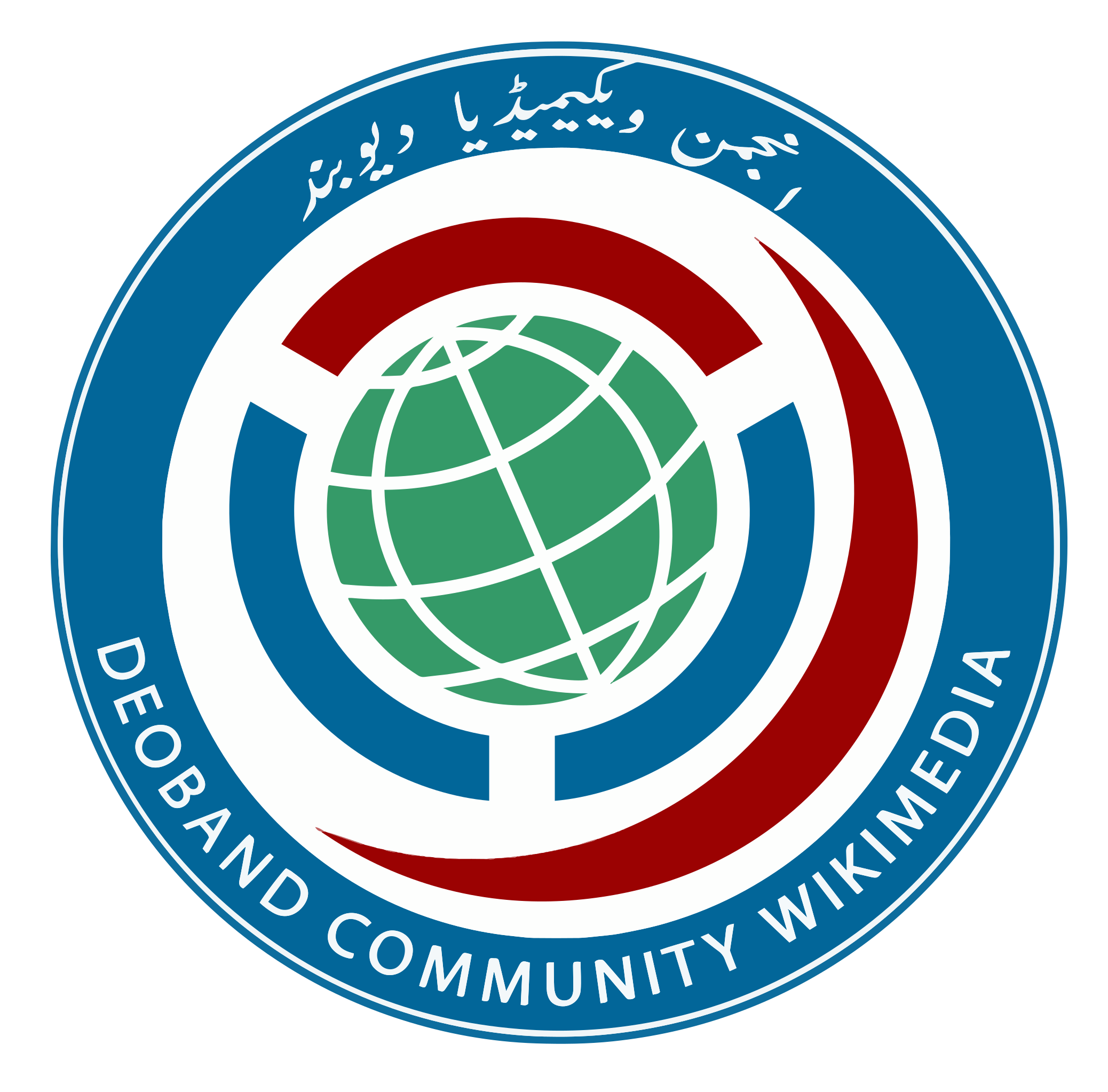Sustaining Wiki Clubs: A Basic Guide
-
Wiki Club Jamia logo
-
Wiki Club AMU logo
Wiki Clubs do not only act as a bridge between the Wikimedia ecosystem and the scientific community but also promote leadership development in young individuals, who hold the key to the future of any society and community. These clubs play a pivotal role in nurturing upright leadership, fostering academic growth, and developing essential interpersonal skills. As a part of our Leadership Development and Skills Infrastructure Plan, we helped establish three Wiki Clubs in India, aiming at creating awareness about the open knowledge ecosystem. In October 2023, we established the Wiki Club Jamia, and Wiki Club AMU was founded in May, followed by Wiki Club Deoband in July. Over the course of time, we have drafted a sustainability plan for these clubs, hoping it will serve as a valuable model for other open clubs worldwide. We extend our acknowledgement to the NDEC Wikipedia Editorial and Research Team, whose input has been important in drafting this sustainability guide.
Defining the Objectives
Objectives make a major part of any initiative. Determining the objectives is the first step in the process of setting up a Wiki Club. These objectives usually differ from the mainstream movement entities such as affiliates or WikiProjects. We suggest adopting a fresh perspective, focusing on awareness of the open knowledge ecosystem and how the movement can enrich students' learning experiences. For instance, the students could be trained in open software, communications, photography, open journalism, and various other aspects. It is important to keep in mind that the clubs are bridging entities so should their objectives be, similar in nature. Once the objectives of a Wiki Club are decided, defining its activity plans and strategic directions becomes easier. Reviewing the objectives of Wiki Club AMU could greatly simplify your task!
First Organizing Team
Looking for the first organazing team is a tough job. Find in your friends or the larger circle someone who is a student and has interest in learning and contributing. Share the ideas with them, and help them navigate the benefits that the ecosystem could bring, both for the student and the institution.They are likely to bring in like-minded individuals from their network to initiate meaningful conversations, setting the foundation for progress.
COT Meetups
Once you have identified potential students for the COT, facilitate regular meetings, perhaps once a month. Be a part of their conversations. These frequent meetups and discussions help establish a strong foundation of the club. The more focused and serious these conversations are, the better the outcomes will be.
Capacity Development and Outreach
Both capacity development and outreach are important. Our learnings indicate, clubs should focus on outreach only after establishing and training their COT members effectively. This ensures that there would always be a good number of people available to offer support. Invest in the skills and leadership development of the initial Core Organazing Team, and help them navigate the movement, eventually leading them to do things without seeking much help! Once COT members are good at capacity, outreach activities become easier. Ensure every COT member is equipped to address concerns, such as the benefits of participation and the reliability of open encyclopedias like ours.
We recommend involving early COT members in hands-on editing activities during their initial months. Help them have conversations with people and experts in relevant areas like parternships. This could do them a lot of help!
Recruiting New Students: Potential Ideas
As the club achieves sustainability, outreach and student recruitment becomes crucial. Our friends at NDEC Wikipedia Editorial and Research Team suggest that Mini-bootcamps can be highly effective in this process. These could also help bring in a variety of students from technical backgrounds.
Although mini-bootcamps are beneficial, ensuring long-term development requires a similar strategic approach, including the involvement of staff supervisors. Organize short talks on open-tech, AI, communications skills, or other aspects of the larger ecosystem, invite these supervisers, or other professors - this would help in creating an inclusive space within the university, and thus facilitating easier planning & execution of hackathons or mini-bootcamps.


